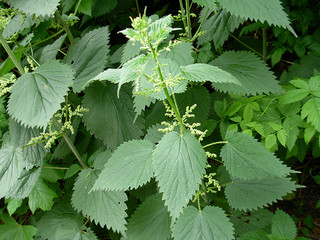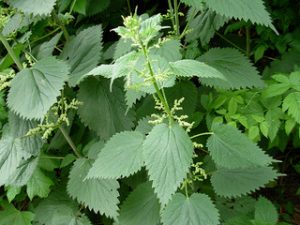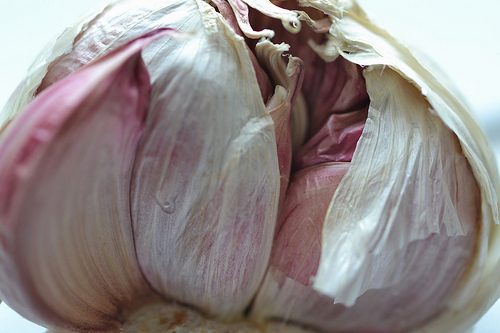5 Natural Allergy Cures
Spring has sprung! Before you run to the drugstore for allergy medication, consider these 5 natural allergy treatments that can heal and prevent the runny nose, watery eyes and post-nasal drip that comes with allergy season. The following article discusses the most common environmental and food allergens, what makes a person susceptible to allergies, and 5 natural cures for clearing allergies once and for all!
The most common allergens
Most allergens are found in the environment or in food. Common environmental triggers include mold, dust, trees, grass, flower pollen, animal dander, feathers, insect venom, metals (such as nickel), household chemicals and some cosmetics. People with environmental allergens can also be sensitive to food allergens such as gluten (the protein in wheat), dairy, eggs, soy, shellfish, tree nuts, and citrus fruits.
Why do I have allergies?
Why do some people develop allergies and others do not? The answer is likely a combination of genetics and environmental causes. When a person has allergies they commonly have an excess accumulation of mucus in the body. Stress, a poor diet and a depressed immune system can also contribute to the severity of allergies.
Classic allergy symptoms
A person with allergies may experience any of the following symptoms: nasal congestion, sneezing, coughing, red, itchy or watery eyes, sore throat, hives, rashes, eczema, headaches, fatigue, water retention, swelling of the throat or tongue. If you experience difficulty breathing from an allergic exposure, get emergency help immediately. Allergic reactions of this type can be fatal.
5 natural allergy treatments
1) Avoid airborne allergens and allergy-proof your home. Pollen, dander and dust mites are often difficult to avoid entirely but take all measures to reduce these exposures. Consider potential allergen sources such as dogs, cats, carpets, upholstered furniture and other surfaces where allergens can collect. Wash your sheets, blankets, pillowcases and mattress pads every week in hot water with fragrance-free detergent. Consider installing an air purifier in your home.
2) Eat non-mucus forming foods and avoid potential food allergens. Generally speaking, whole grains (watch out for gluten-sensitivity), fresh vegetables and fruits, cold-pressed oils, raw seeds and nuts, and lean protein such as chicken, fish, turkey are part of a healthy diet for allergy-sensitive people. Foods to watch out for include all dairy products, fried and processed foods, refined flours, chocolate and eggs. Many people with environmental allergens also suffer from food allergies. You may want to consider an elimination diet or food allergy testing to ensure that food allergens are not making your environmental allergies worse.
3) Take an antioxidant supplement. Antioxidants are thought to provide important defense mechanisms for the lungs and respiratory tract. Antioxidants quench free-radicals and other harmful oxidizing agents. Antioxidants include beta-carotene, vitamin A, vitamin C and vitamin E as well as mineral cofactors such as zinc, selenium and copper. Vitamin C and quercetin, a bioflavonoid found in colorful fruits and vegetables, have been shown to inhibit histamine release from mast cells. Taking 1,000mg three times per day of both vitamin C and querctin supports a natural anti-histamine effect in the body.
4) Drink nettle tea. Stinging nettle, or Urtica dioica, (plant shown in photo), is an herbal remedies used to treat inflammation in the body and reduce swollen nasal passages. To make a tea, pour 2/3 cup of boiling water over 3-4 teaspoons of dried nettle leaves or roots. Strain the herbs after 5 -10 minutes and drink a cup of this tea up to 4 times per day. Nettles also comes in capsule form and can be taken in a dosage of 300 – 500 mg daily.
5) Eat fermented foods and take a high-potency probiotic supplement. Probiotics reduce the potential for allergies and improve overall immune function in the body. Foods such as sauerkraut, miso soup, pickles, kimchi, kombucha, and yogurt (watch if you are sensitive to dairy products) can all increase the good bacteria in your digestive tract and support a healthy immune system. In addition, supplementing with a high-potency probiotic capsule containing 15 – 30 billion bacteria per serving can ensure optimal immune function and decreased allergic sensitivity.
By: Dr. Julieanne Neal, ND, owner of Boulder Natural Health.










